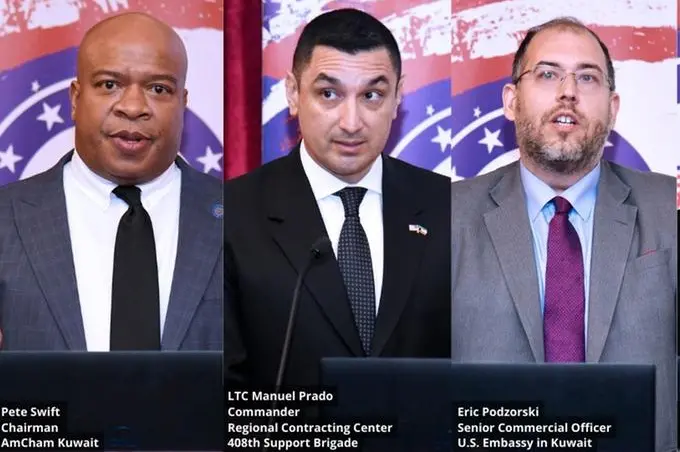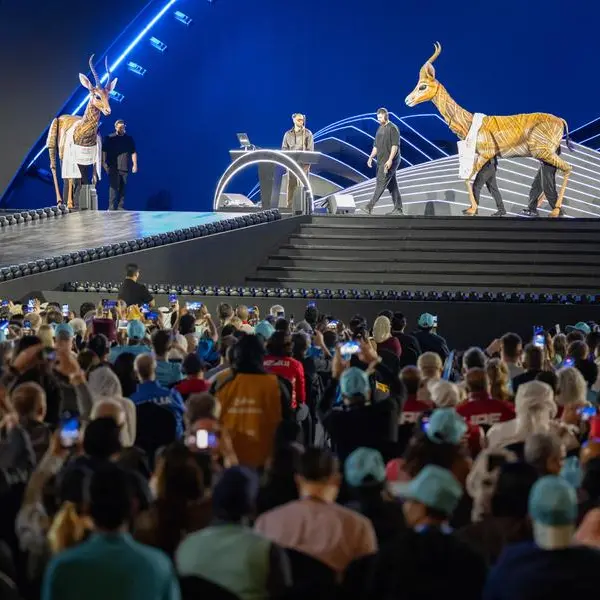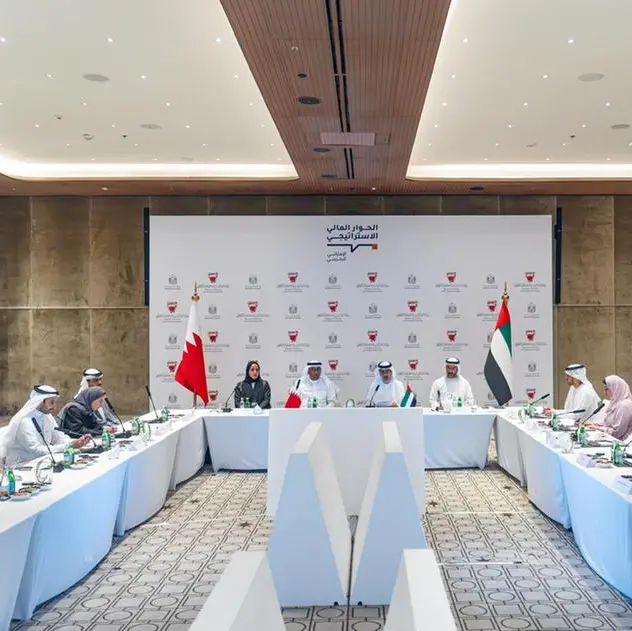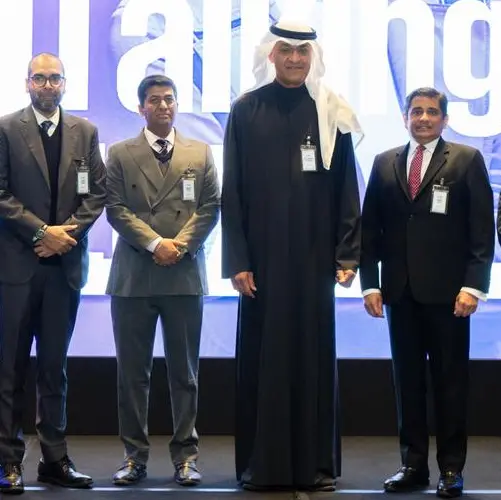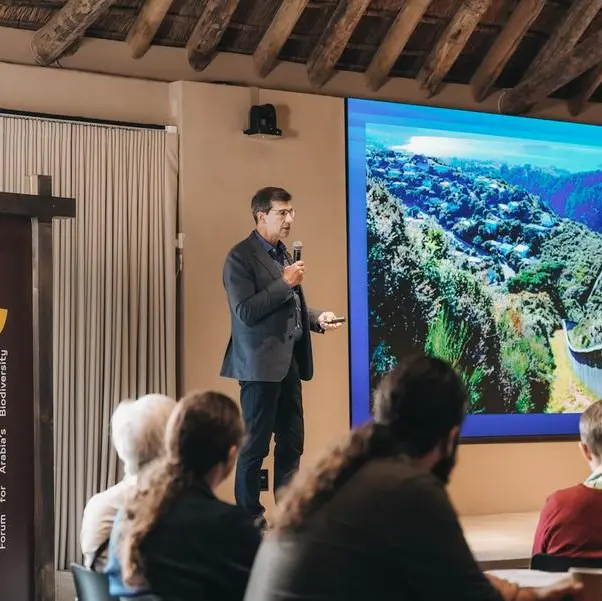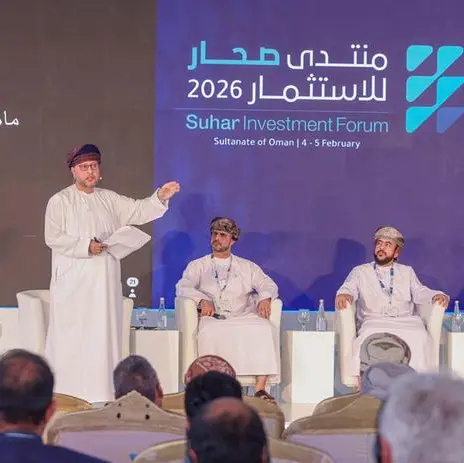PHOTO
Kuwait: ABCK-AmCham Kuwait hosted a workshop on ‘How to do Business with the U.S. Military’ with speakers from the 408th Contracting Support Brigade (CSB), the U.S. Army’s Regional Contracting Center - Kuwait (RCC-KU), and the U.S. Air Force 386th Expeditionary Wing. The event started with the opening remarks by AmCham Kuwait’s Chairman – Mr. Pete Swift, who welcomed and thanked the participants for taking the time to learn more about doing business with the U.S. Federal Government.
The first part of the session was covered by Sean Bryan from Regional Contracting Center – Kuwait (RCC-KU) who targeted the following topics of having a high-level understanding of the procurement process — Planning, Solicitation, Evaluation, and Award to include: Requirements Development, Pre-Solicitation Considerations, Solicitation Posting Requirements (What/When/Where), Solicitations may also include the opportunities to ask questions, the criteria used to evaluate your proposals/quotes, Government Review of Quotes, and the award selection.
Sean Bryan mentioned that a successful contract award starts with the development of a proper and persuasive response to the solicitation by developing and maintaining a relationship with your local US DoD contracting office, reading the request carefully, noticing relevant information (questions due date, PoC, and respond by), seek clarifications, ask questions, address all stated requirements, and maintain SAM/JCCS database registration statuses. He concluded that a well-written and competitively priced response addressing all requirements in a clear and succinct manner will work to your advantage.
The presenter spoke about the Evaluation Methodology; in which the best value can be determined using one of two methods; the Lowest Price Technically Acceptable (LPTA) and the Trade-off/ Traditional subjective Trade-off Process. LPTA is a cost or price that plays a dominant role in the source selection, proposals are evaluated for acceptability, but not ranked, and the offeror receives no credit for exceeding minimum standards. The trade-off is a technical or past performance consideration that plays a dominant role in the source selection, the government can trade cost or price for other quality factors (or non-cost factors), and the government awards the contract to the offeror proposing the combination of factors that represents the best value based on the evaluation criteria. He spoke in depth about when is LPTA used and when the trade-off process is used.
Subsequently, the presenters explained the Exchanges Before Receipt of the Proposal. Exchanges of information among all interested parties, from the earliest identification of a requirement through receipt of proposals, are encouraged. The advantages are an improved understanding of government requirements and the industry’s capabilities, allowing suppliers to judge whether they can satisfy government requirements, increasing competition, and improved efficiency in proposal preparation, evaluation, negotiation, and award. He then spoke about the limit on exchanges.
Moving forward, the presenters highlighted the factors and subfactors, mandatory factors, evaluation weights, and the past performance evaluation which has three aspects: recent, relevant, and quality. The Importance of understanding the process benefits the supplier in which to know how the government accepts, reviews, and awards quotes to promote fair opportunity; allowing suppliers to judge whether they can satisfy government requirements, improved efficiency in proposal preparation, evaluation, negotiation, and award, to help ensure that your quotes are responsible, fair and reasonable, and to ensure that you are not deemed non-conforming and to give you a better chance for award.
The U.S. Air Force 386th ECONS targeted and covered topics such as the Government Purchase Card (GPC) Program, Base Operations Support, and Services (BOSS), infrastructure, and construction. He spoke about the GPC program as its mission is to streamline payment procedures and reduce the administrative burden associated with purchasing supplies, and services. The GPC flight makes all purchases under $35,000 U.S. dollars (approx. 10,601.81 KWD) for supplies or services and is limited to $2,000 U.S. dollars for construction purchases. He also spoke about the common items procured via GPC, including printers/toner, TVs/speakers, furniture (desks/chairs), small construction projects, building materials, light bulbs, and plumbing/HVAC supplies.
Following the discussion, the presenter from the 386th ECONS spoke about BOSS flight requirements that include commodities such as printer ink, gym and sports equipment, GPS items, printers, office furniture, bedding, mattresses, and transformers. Cleaning services such as washers/dryers, custodial, appliance maintenance services, linen laundry services, gym equipment maintenance, and refuse/recycling sewer. Pool services include lifeguard and pool maintenance, and vehicle lease options such as trucks, SUVs, vans, and buses. The upcoming infrastructure flight (construction) projects, the Installation Access Application (IAA) process, IAA packet documents, and credentials. To finalize the topic, the speaker spoke about how vendors can obtain base access, and how base access differs from base to base as it is not a unified system.
Following the 386th presentation, Mr. John Redfield CTIP Lead from the RCC-KU targeted and highlighted topics such as human trafficking, Counter Trafficking in Persons (CTIP), CTIP – Federal Acquisition Regulation, CTIP Compliance – Minimum Requirements, CTIP Compliance – Annual Certification, CTIP Compliance – Management Review, and CTIP – Contractor Violation.
Lastly, Eric Podzorski, Senior Commercial Officer at the U.S. Embassy, highlighted the missions for the U.S. Commercial Services in the U.S. Embassy. Podzorski clarified why to invest in the United States. It’s the world’s most attractive consumer market, with free trade agreements within 20 nations, strong intellectual property protection, an unparalleled climate for innovation, transparent, fair, and stable business environment. He also highlighted the guidance on Doing Business in the United States.
-Ends-
Abour:
ABCK-AmCham Kuwait is a non-profit organization operating since 1985 and is composed of Fortune 500 corporations, small and medium-sized companies, and prominent business leaders and entrepreneurs, both American and Kuwaiti. ABCK-AmCham Kuwait acts as an advocate for American interest in the state of Kuwait. For More Information, please visit our website at www.amchamkuwait.org or follow us on the social media channels @abck1985
